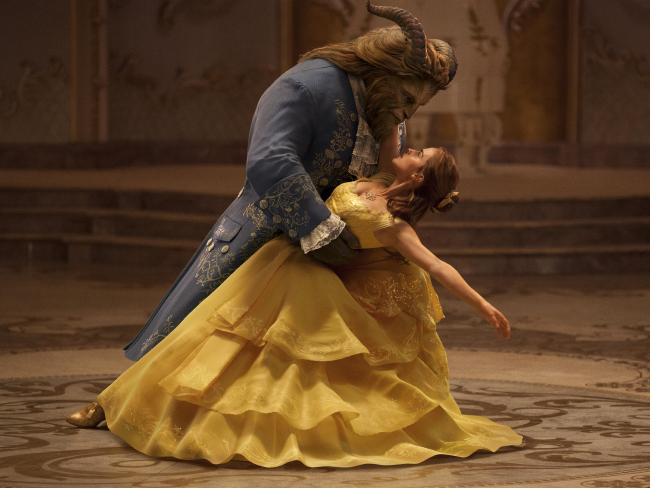Fairy Tales Are Under Fire For Promoting Gender Stereotypes!

Fairy Tales Are Under Fire For Promoting Gender Stereotypes!
Fairytales for kids may be under fire under a Victorian government plan to address family violence through a teaching aid called the Respectful Relationships guide.
The program wants students to analyse the role of men and women in classics like Cinderella, Snow White and Rapunzel and compare them to modern stories. Fairy Tales are accused of reinforcing gender norms and creating “a sense of entitlement in boys and lower self-esteem in girls”.
Children will be encouraged to act as “fairytale detectives”, to “describe and compare the roles commonly given to male and female characters” and to “identify gendered messages fairytales give readers”.
The controversial Respectful Relationships program was recommended by the family violence royal commission and it would encourage children to disect their favourite characters and make them aware of the gender bias that lies within ie.“men are supposed to be strong and brave and women are supposed to be beautiful and need rescuing by men”.
The program goes on to say that: “If a man or woman does not fit this description, they are usually made out to be the ‘baddies’ or the villain — like a witch or an evil prince. Central characters are more likely to be male, female characters are more often in nurturing roles, and occupations are gender-stereotyped”.
With an already crowded curriculum, some teachers have questioned how doable the program is and whether some students were too young to fully understand the message.

“I would rather be teaching them how to read, write and count. We really don’t need to crowd out the curriculum with this social engineering,” said one Melbourne teacher.
Australian Catholic University senior research fellow Dr Kevin Donnelly said the program would unsettle parents.
“It’s a concerted campaign across kindergarten to year 12 to indoctrinate children with a gender and sexuality program that is biased and ideological. My concern as an educator is, there is no real balance in the program. It is pushing a cultural Left argument,” he said.
While the program is not suggesting Fairy Tales be banned from the classroom all together it is encouraging teachers to consider bias in statements like “good morning, princess”, “boys don’t cry” and “girls can’t play with trucks”.
Families and Children Minister Jenny Mikakos said the program would give educators the “tools to treat children equally, regardless of gender, background or circumstance,” and say “fairytales like Cinderella can always be read in class.”
What do you think of this new initiative?













